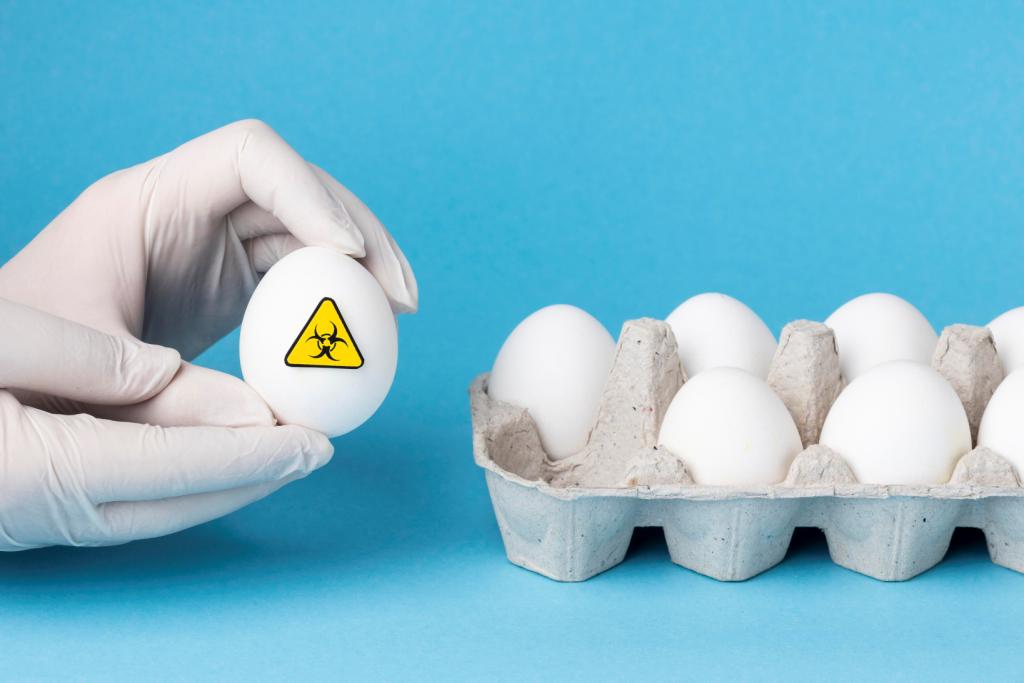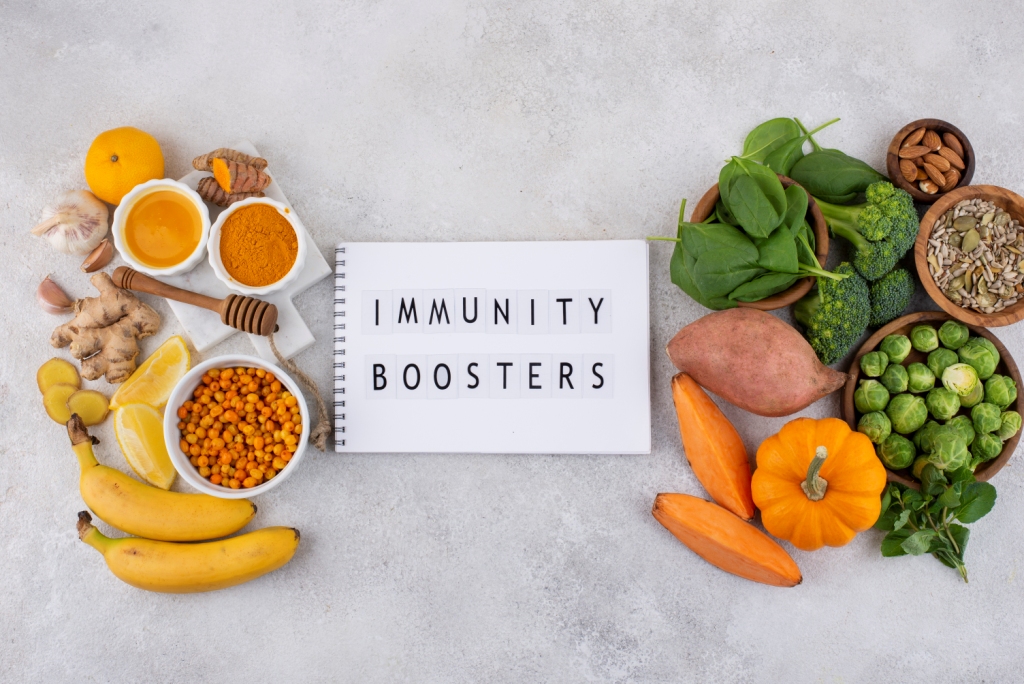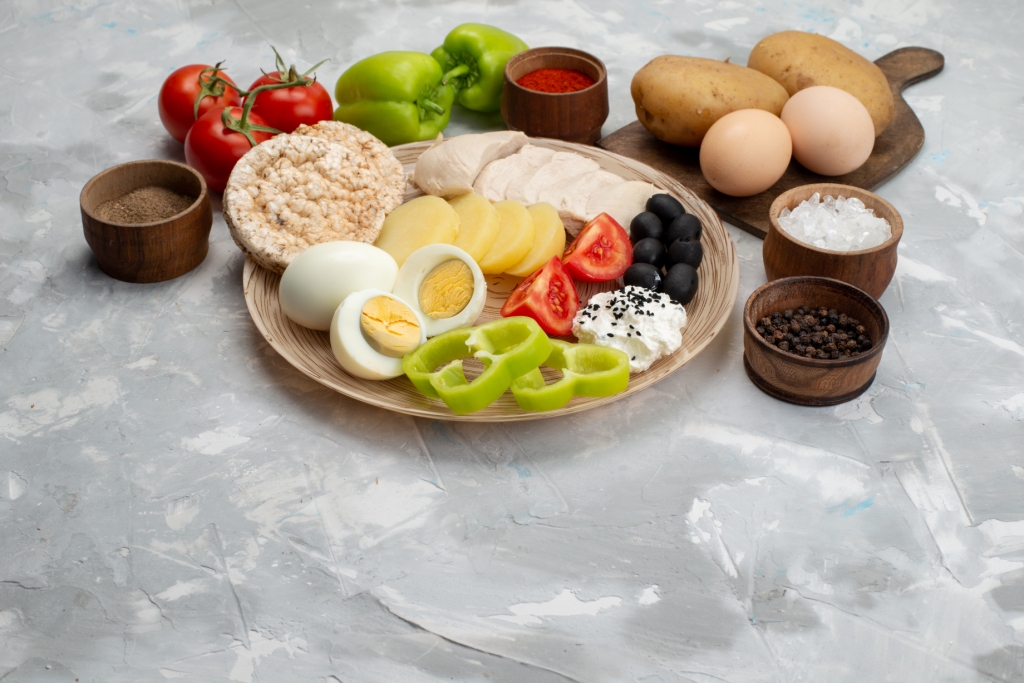Women who are attempting to get pregnant or who intend to freeze their eggs are curious about how to increase the likelihood of a healthy pregnancy and healthy eggs. The caliber of the eggs that are generated by the ovaries is one of the elements that influences fertility and pregnancy. Egg quality means the eggs’ capacity to be fertilized and implanted in the uterus as well as their genetic and chromosomal health. Problems including miscarriage, birth abnormalities, or infertility might result from poor egg quality.
The growth and maturity of the eggs, as well as the hormonal balance and general wellbeing of the reproductive system, depend heavily on nutrition. Women can provide their eggs the ideal environment and sustenance required by eating a balanced diet that is high in antioxidants, vitamins, minerals, healthy fats, and protein. The following are nutrients that are advantageous for egg quality:
Folate: Leafy Greens, beans, Lentils, nuts and grains
Vitamin B is required for cell division and growth as well as DNA synthesis and repair. Folate lowers the likelihood of chromosomal abnormalities in the eggs and aids in preventing neural tube problems in the growing baby. Foods including leafy greens, beans, lentils, nuts, seeds, and grains that have been fortified. It can also be taken as a supplement, ideally in the form of methylfolate.
Omega-3 fatty acids: Fish, flaxseeds, chia seeds, walnuts and algae oil
These are good fats with antioxidant and anti-inflammatory properties. Omega-3 fatty acids enhance blood flow to the uterus and ovaries and aid in hormone regulation. Additionally, they aid in the placenta and egg membrane formation. Foods including fatty fish, flaxseeds, chia seeds, walnuts, and algae oil are good sources of omega-3s. Additionally, they can be consumed as supplements, ideally in the form of fish oil or krill oil, which contain higher levels of EPA and DHA.
Zinc: Oysters, chicken, eggs, dairy products, legumes, nuts, seeds and whole grains
This mineral is essential for numerous cellular and enzymatic functions in the body. Zinc supports immune system health, DNA synthesis and repair, hormone production and balance, and egg maturation. A zinc shortage can harm fertility and ovulation, raise the danger of miscarriage, and cause birth abnormalities. Oysters, chicken, eggs, dairy products, legumes, nuts, seeds, and whole grains are just a few examples of foods that contain zinc. In order to prevent zinc toxicity, it can also be given as a supplement, ideally in conjunction with copper.
Coenzyme Q10 (CoQ10): Supplement
The eggs are shielded from oxidative stress and damage by this potent antioxidant. In the mitochondria, the energy factory of the cells, and in the eggs, CoQ10 also aids in energy synthesis and cellular activity. CoQ10 levels tend to decrease with age, taking a supplement could help older women produce eggs of higher quality.
Vitamin D: Sunshine
This vitamin, which is fat-soluble, functions as a hormone in the body. In the eggs and the embryo, vitamin D aids in controlling gene expression and cell development. Inflammation and immunological function are also modulated, which may have an impact on the success of implantation and pregnancy. Women who struggle with infertility frequently experience vitamin D deficiency, particularly those who have endometriosis or polycystic ovarian syndrome (PCOS). The skin can produce vitamin D when exposed to sunshine, but depending on a person’s location, skin tone, season, and sun protection practices, this may not be enough for them.
Nutrition is an important aspect in fertility and is one of the few aspects we can control with ease, for a healthy child and healthy eggs for egg freezing, nutrition goes hand in hand with having a healthy lifestyle.
Shared By: Dr Nisha
Infinite Fertility Wellness Centre







